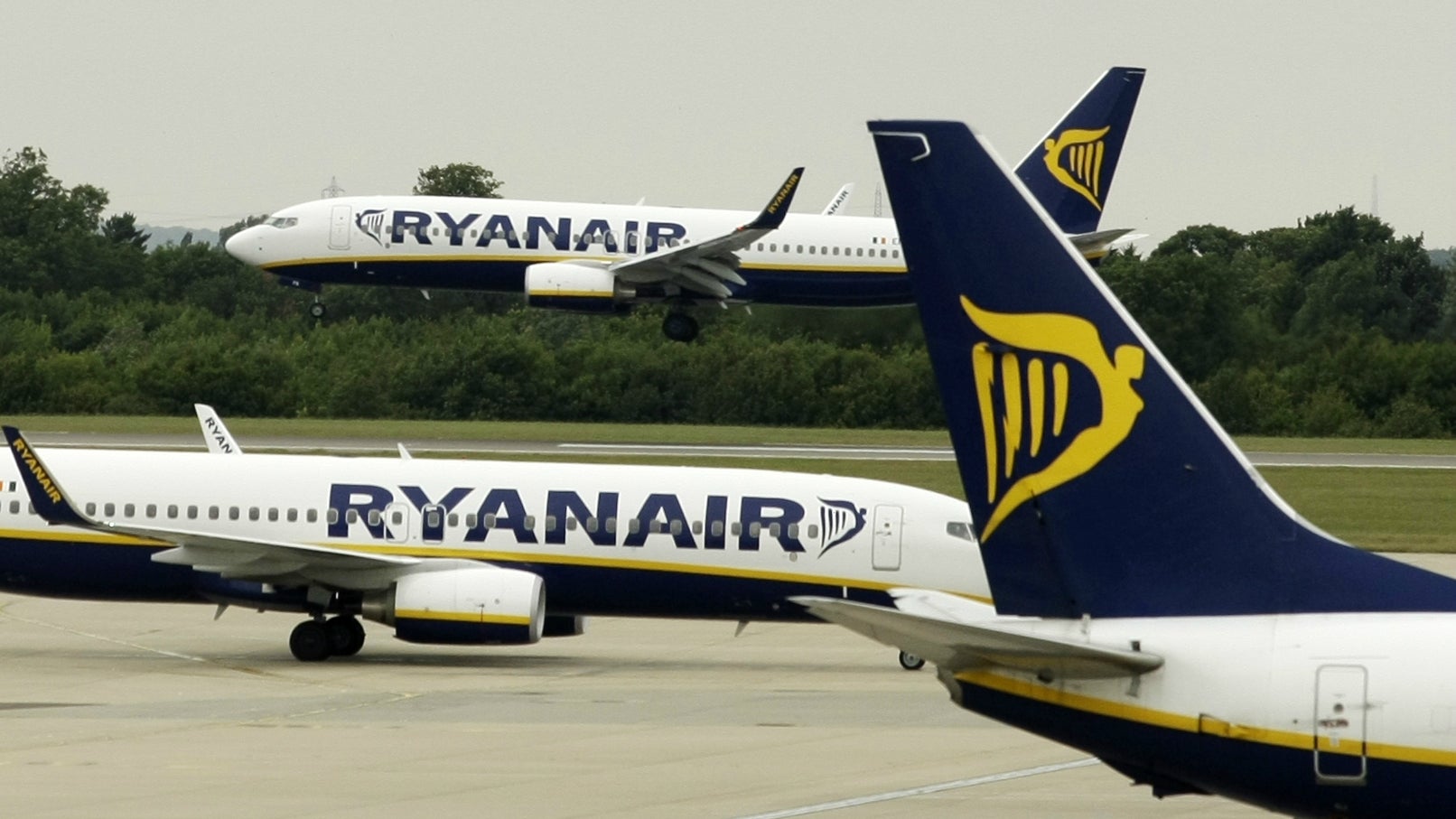Ryanair took a concrete step towards preparing for the worst case Brexit scenario
When it comes to the effect Brexit will have on aviation, there are more questions than answers. But Dublin-based budget carrier Ryanair is not taking any chances.


When it comes to the effect Brexit will have on aviation, there are more questions than answers. But Dublin-based budget carrier Ryanair is not taking any chances.
Just before Christmas, the airline filed an application for an air operator’s certificate with the UK’s Civil Aviation Authority. The license was filed by a new domestic subsidiary, Ryanair UK, and would prevent the airline being classified as a foreign entity while running inter-UK routes in a post-Brexit world.
Aviation across the Europe is governed by EU-wide agreements, of which Britain is thoroughly entwined. Unlike in other sectors though, aviation has no WTO rules to fall back on if the UK and EU fail to reach a bilateral deal on aviation prior to a hard divorce. While some industry watchers say grounding flights in absence of a deal is unlikely—both sides simply have too much to lose, and could agree to a short-term transitional deal to thwart disaster—Ryanair CEO Michael O’Leary is not convinced.
In a statement in autumn, he noted that UK officials have not fully realized the risks of flights to/from the UK being affected: “There remains a worrying risk of a serious disruption to UK-EU flights in April 2019 unless a timely UK-EU bilateral is agreed in advance of September 2018.” The late summer cut-off date is when airlines determine their routes for the next year.
For the UK’s part, Theresa May’s appointed transport secretary Chris Grayling has indicated that a liberal aviation agreement between the UK and the bloc is a high priority. But as Skift pointed out, “despite what Grayling and the government may say, it seems likely that whatever deal the UK gets from the EU, it will be a step back from what the UK has already.”
Ryanair, it seems, is not optimistic.